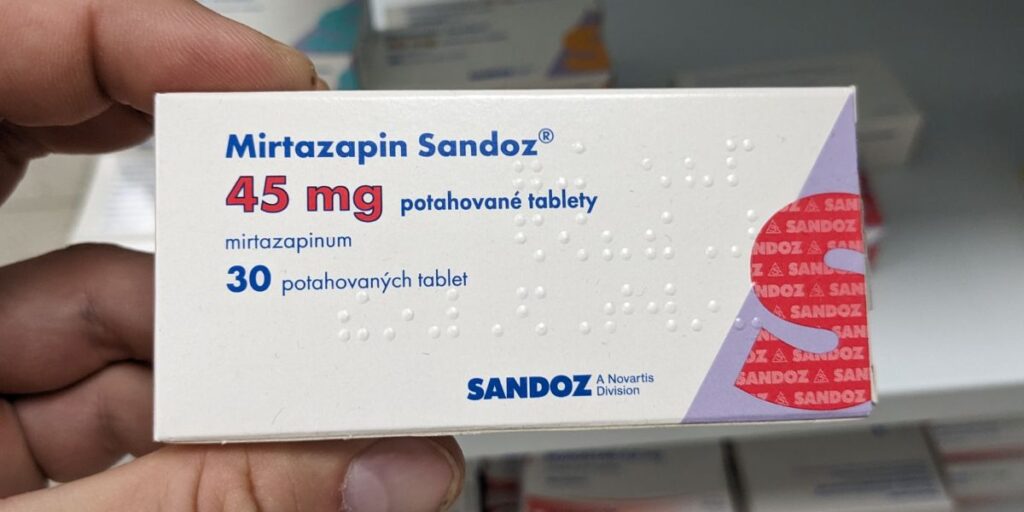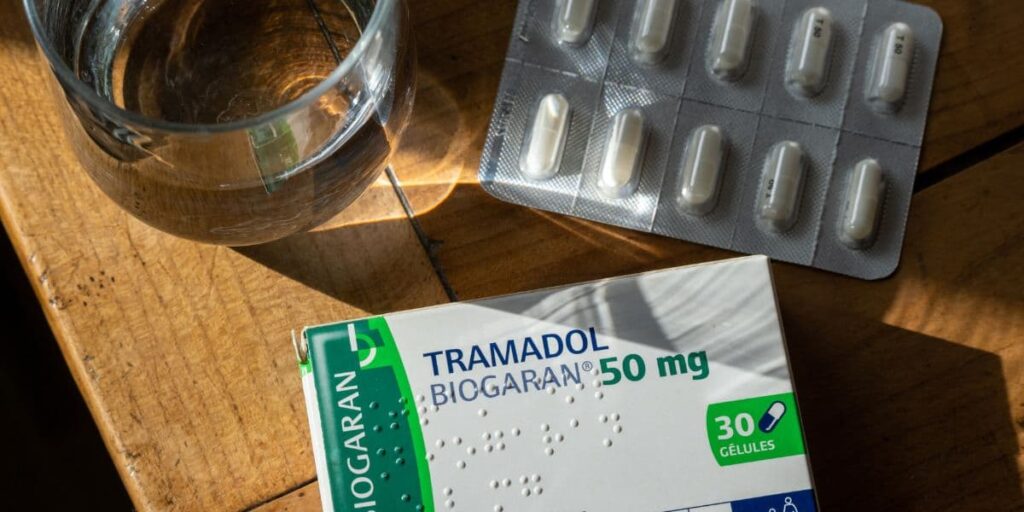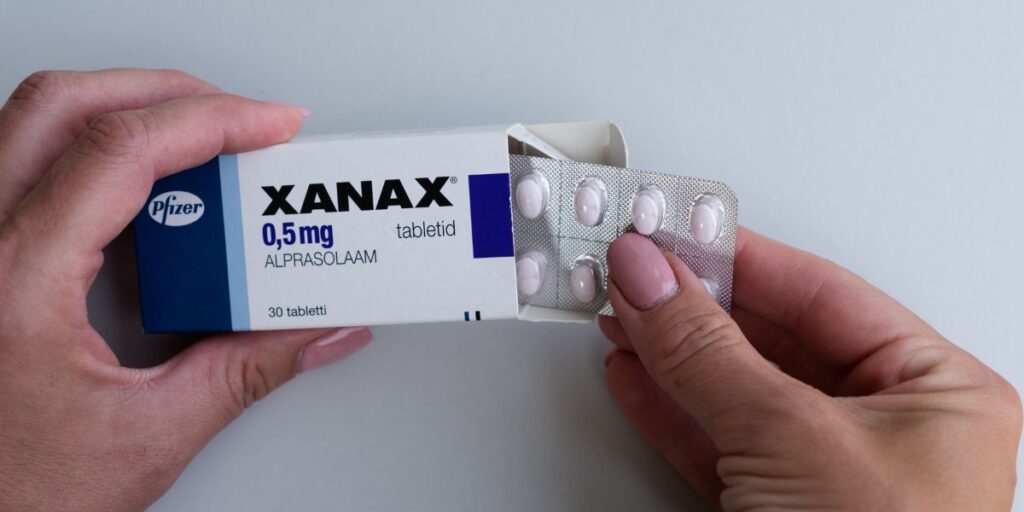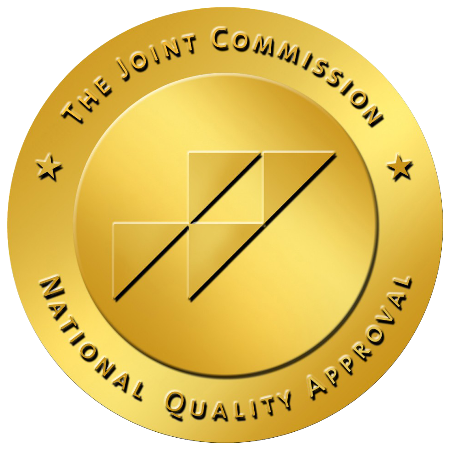Combining Valium (diazepam), a common benzodiazepine, with alcohol can be highly dangerous. Both substances have sedative effects and can cause severe health complications when used together.
The interaction between benzos and alcohol increases the risk of stopping breathing, known as respiratory depression, and other life-threatening conditions such as overdose. Understanding the dangers of mixing Valium and alcohol is important for anyone prescribed this medication and who may consume alcohol.
What Is Valium (Clonazepam)?
Valium, known generically as diazepam, is a prescription medication that belongs to the benzodiazepine class. Frequently prescribed for anxiety, muscle spasms, and specific seizure conditions. Valium enhances the effects of gamma-aminobutyric acid (GABA), a neurotransmitter that slows down brain activity, producing a calming effect.
This medication can be effective for short-term relief of anxiety and other conditions, but it also carries a risk of dependence and abuse, particularly when not used as prescribed. As a result, it is classified as a Schedule IV controlled substance in the United States.
Valium Effects
The effects of Valium include muscle relaxation, sedation, and a sense of calm. These effects can be beneficial in clinical settings, such as preparing a patient for surgery or managing acute anxiety episodes.
However, when used recreationally or without medical supervision, the drug’s potential for misuse and addiction increases significantly. Long-term use of Valium can lead to tolerance, meaning higher doses are needed to achieve the same effects, further increasing the risk of dependence and adverse health conditions.
This is concerning because Valium can also lead to cognitive impairment, memory issues, and other mental health disorders when abused over extended periods.

Mixing Valium and Alcohol
Mixing Valium and alcohol is particularly risky because both are central nervous system (CNS) depressants. They can amplify each other’s sedative effects, leading to severe drowsiness, impaired motor functions, and difficulty concentrating.
This combination can also result in enhanced relaxation, reduced anxiety, and a sense of euphoria. However, these seemingly pleasurable effects have harmful interactions with significant risks, including the potential for life-threatening respiratory depression.
When Valium and alcohol are taken together, the sedative effects are not merely additive; they are synergistic. This means that the combined impact on the body is greater than the individual effects of each substance. For instance, the risk of respiratory depression is much higher when these substances are combined. This condition occurs when breathing becomes dangerously slow or shallow, potentially leading to hypoxia (lack of oxygen) and death if not treated promptly.
In severe cases, central nervous system depression can progress to coma or even fatality, especially in situations where medical attention is not sought immediately.
Moreover, mixing these substances increases the likelihood of engaging in risky behaviors, such as driving under the influence or engaging in unsafe sexual practices. The impairment of cognitive and motor functions makes it challenging to make sound decisions, further exacerbating the potential for harmful consequences.
The sedative effects can also lead to blackouts or memory lapses, where people may not remember events or actions they participated in while under the influence. This can lead to dangerous situations where people are unaware of their actions, increasing the risk of accidents and injuries.
Dangers of Combining Benzodiazepines and Alcohol
The combination of benzodiazepines and alcohol increases the likelihood of severe side effects and complications. One of the primary dangers is respiratory depression, where breathing becomes dangerously slow or shallow. This condition can be fatal if not promptly treated.
Additionally, mixing these substances can lead to extreme sedation, confusion, and loss of consciousness. The risk of overdose is significantly higher when these substances are combined, as the body struggles to process the potent sedative effects of both substances.
Long-term use of both alcohol and benzodiazepines can lead to chronic health conditions, including liver damage, cardiovascular problems, and cognitive decline. The liver metabolizes both substances and can become overworked and damaged, leading to liver disease.
Additionally, the combination can exacerbate existing mental health disorders, such as depression and anxiety, making them more challenging to treat. This dual substance abuse can also complicate treatment programs, as both the physical and psychological aspects of addiction need to be addressed.
Another danger is the development of tolerance and dependence. Higher doses are needed to achieve the desired effects as the body becomes accustomed to these substances. This escalation can lead to a higher risk of overdose and more severe withdrawal symptoms when attempting to quit.
Withdrawal from benzodiazepines and alcohol can be dangerous, often requiring medical attention and supervision due to the risk of seizures and other life-threatening complications. For instance, withdrawal symptoms can include severe anxiety, insomnia, muscle pain, and tremors.
In the most severe cases of withdrawal, it can lead to delirium tremens, a life-threatening condition characterized by confusion, rapid heart rate, and fever.
Signs of Overdosing on Valium
Recognizing the signs of a Valium overdose is crucial for seeking medical attention on time. Symptoms of an overdose may include extreme drowsiness, confusion, muscle weakness, and loss of coordination.
In severe cases, people may experience respiratory depression, unconsciousness, or coma. If any of these symptoms occur, it is vital to seek immediate medical help, as an overdose can be fatal if not treated promptly.
In cases where alcohol is also involved, the signs of overdose can be more pronounced and occur more quickly. This combination can cause severe CNS depression, leading to life-threatening complications.
Medical professionals can administer treatments to counteract the overdose effects, but early intervention is critical to reducing the risk of long-term damage or death. For instance, flumazenil, a benzodiazepine receptor antagonist, may be used to reverse the effects of benzodiazepines. However, its use must be carefully monitored because of potential complications.
It is also essential to be aware of the signs of alcohol poisoning, which can occur alongside a Valium overdose. These signs include confusion, vomiting, seizures, slow or irregular breathing, hypothermia, and pale or bluish skin.
Like a Valium overdose, alcohol poisoning is a medical emergency that requires immediate attention. The combination of these two conditions significantly increases the risk of a fatal overdose.

Alcohol Abuse and Substance Addiction Treatment
If you or a loved one is struggling with misusing alcohol and prescription pills, Northridge Addiction Treatment Center (NATC) can provide evidence-based, caring substance use treatment.
NATC’s treatment programs, such as medication-assisted treatment and medical detox, can help manage withdrawal symptoms safely and comfortably under medical supervision.
Inpatient rehab programs such as NATC provide a structured environment for recovery, offering therapy and support to address the underlying causes of your addiction. These programs can be critical in helping people break the cycle of abuse and develop healthier coping mechanisms to achieve life-long recovery.
Contact us today. Our treatment specialists are eager to help you get the proper treatment for sustainable recovery. Reclaim your life with NATC.













